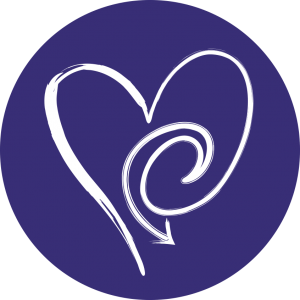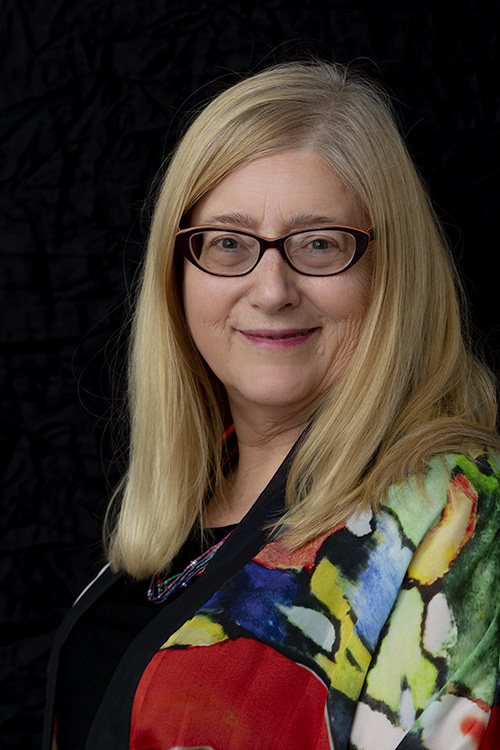The Challenge of Male Violence
March 8 was International Women’s Day. As they say on their website, the theme this year is #ChooseToChallenge. Spoken word poet Anisa Mandaula celebrated our power to change the future in a video for the day, saying, “Choose to create history, not to be created by it.” Her poem calls on us to change the lives of all women, not only our mothers, daughters, and sisters.
The body of 33-year-old Sarah Everard was found March 10, two days after International Women’s Day. When she walked home one evening from a friend’s house, Sarah did everything “right:” she wore shoes suitable for running, she phoned her boyfriend to say she was walking home, she chose a longer route that was well lit. She limited her behavior in the ways women are taught to protect ourselves from male violence. And yet she vanished from a London street.
After she disappeared, police went door to door in the area telling women to stay home for their safety. When a woman in parliament suggested a curfew for men instead, there was a huge uproar — and not only from men. Curtailing women’s freedoms in the face of male violence is second nature; think of the times you have paid to take a cab after dark to a place within walking distance or held your keys to defend yourself as you walked through a dark parking lot. Privilege becomes visible only when it has consequences; yet the idea of curtailing men’s freedoms to protect women against male violence is anathema. That this double standard is so firmly engrained should speak volumes.
When a male police officer was arrested for Sarah Everard’s kidnap and murder, women gathered to mourn and to protest, and police broke up the vigil. Citing coronavirus concerns, police trampled the flowers brought by mourners, wrestled women to the ground, arrested them. Women’s anger grew, and with it the question: Why are women’s freedoms, not men’s freedoms, limited by the violence of men?
If you wanted to construct a cautionary tale for men, you could hardly do better than the story of Sarah Everard’s death and the official response to her murder. The anger from women transcends cultures and national boundaries, because male violence against women persists across eras and countries. And on March 16th a gunman in Atlanta killed eight people including six Asian women, one day before the House voted to reinstate the lapsed Violence Against Women Act.
How, then, do we as women choose to combat the challenge of male violence?
First, we must consider causation. If the source of male violence were purely cultural, would it be so ubiquitous? I suspect not. A friend who transitioned from female to male spoke eloquently about the changes in outlook he experienced as the new hormones kicked in. He began to feel he could leap tall buildings in a single bound. He never, so far as I know, wanted to beat anyone up, but the ways his thinking changed surprised him.
The statistics I have seen indicate that males are convicted of crimes, including homicide, far more frequently than women. Males engage in warfare to a much greater extent than do women. This is not new; artwork from antiquity portrays males as soldiers far more often than women.
Few suggest a biological solution to the problem of male violence, with the exception of science fiction author Sheri S. Tepper.
Tepper tackled the biological basis of male aggression in her 1988 novel, The Gate to Women’s Country. In the story, female physicians in a post-apocalyptic society covertly sterilize the most aggressive males and arrange for their wives to be inseminated with the sperm of kinder, gentler males. This is an intriguing idea but not one likely to be implemented soon (although for individual women, there are many reasons to choose kind and gentle mates, and teach our daughters to do likewise).
But we are not wasps building nests to a pattern as fixed as our genes. People are more than our biology; we are the stories we tell and the responsibility we take. The same human being can crochet a sweater, build a canoe and write a novel. Our biology is not our destiny, nor is it an excuse for violence. We can learn from our mistakes and we can teach one another. We could say that culture is the force that raises us above biology and challenges us to live up to shared values. And culture itself can grow and develop.
Because we are not wasps, because we can learn, we do respond when the oppressed rise up. We recognize the collective power of oppressed people, as shown by the impact of Black Lives Matter protests on our collective awareness and on the behavior of police. And now the Atlanta murders have prompted Congress to to begin the first hearings in three decades on violence against Asian Americans.
The collective power of women in England is also having an effect. This week the British Prime Minister, Boris Johnson, met with his cabinet to discuss responses to violence against women.
A bill that was already going through Parliament to increase police power to curtail demonstrations is encountering newly energized opposition in light of the Everard murder.
And like the protests following the murder of George Floyd, the protests over the murder of Sarah Everard have focused the attention of millions on issues of better and more appropriate policing.
All of this is good, but it is not enough. For every woman clutching her keys in a dark parking lot there must be ten men encouraging one another to treat women with respect. But how do we get there? How do we help young boys grow to respect women? How do we empower men to challenge other men? And why should the onus be on women to change the culture?
At this point we need to step back and consider the ways in which each of us is contributing (often unconsciously) to unequal treatment — each and every one of us. Did you stop to think that there is no recording of this blog? Neither did I. Without even thinking about it, I have self-selected people who can see and read as my audience; how about all those who have limited or no access to a computer and / or the internet? It is tough to recognize and more especially, act upon, apparently simple issues until they are pointed out. But every straight person who voted against gay marriage, regardless of their own orientation, was acting on sexual privilege. Every man on a dating website who clicks a box that he will only date someone ten (or twenty) years younger, even if the man himself has a disability, is acting in an ageist manner. Every architect who designs an inaccessible building, even if the architect is a woman, is acting with ableist disregard.
In the US we tend to use a sweeping label that is not always helpful or appropriate: Privilege. It would be tough to find a single person in our society who has never acted on their lack of awareness, simply because almost every American has more privilege than the poorest in other countries. Why would anyone choose to see how they benefit from privilege when the next step could be a request to change, a request to share the benefit it brings?
No wonder it is easier to see how we are “wronged” than to see the wrongs we commit. That lack of awareness is what we must #ChooseToChallenge. Awareness is the foundation of empathy. It is the essential quality we must develop if we are to have a just society. And to get there, we must seek to educate – and change – ourselves and one another. After all, the very definition of learning is a relatively permanent change of behavior.
Solutions To The Challenge of Male Violence?
This Economist article on the issue of male violence [registration required] has some excellent suggestions for ways to start the process. These include educating children to respect women, ensuring that there are credible, enforced consequences for abusers, and cash transfers to women in financially vulnerable households.
Whatever the occasion, International Women’s Day, Black History Month, or the as-yet-undeclared season to celebrate people with disabilities, we must come together as one. We must recognize our strengths and our limits, our complex natures, and our duty to ourselves and one another to recognize our common humanity and promote the safety and the rights of all. We owe this much to George Floyd and we owe it to Sarah Everard, and we owe it to our children and grandchildren.
What would YOU do about the challenge of male violence? Do you agree with the points in this article? What would you add?


